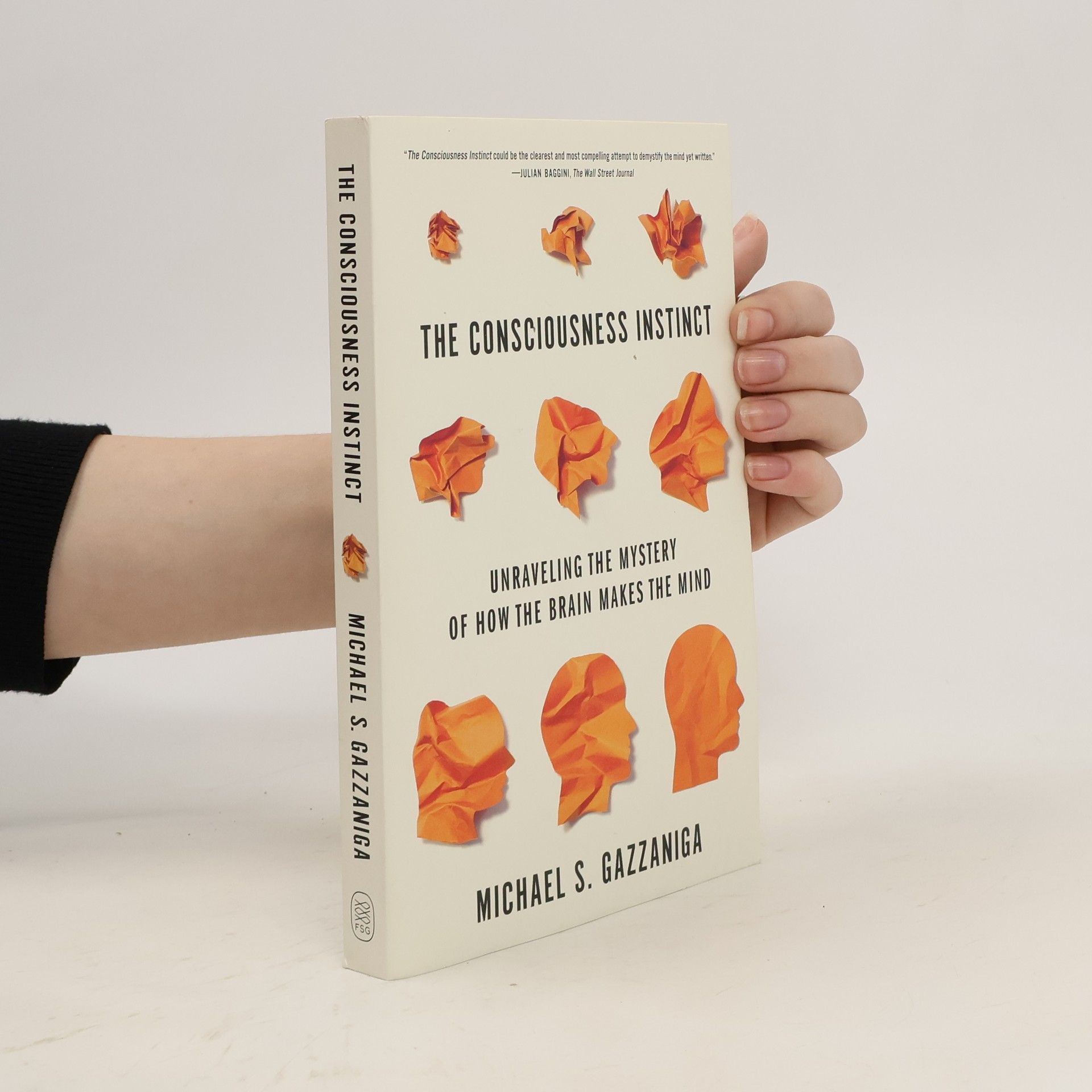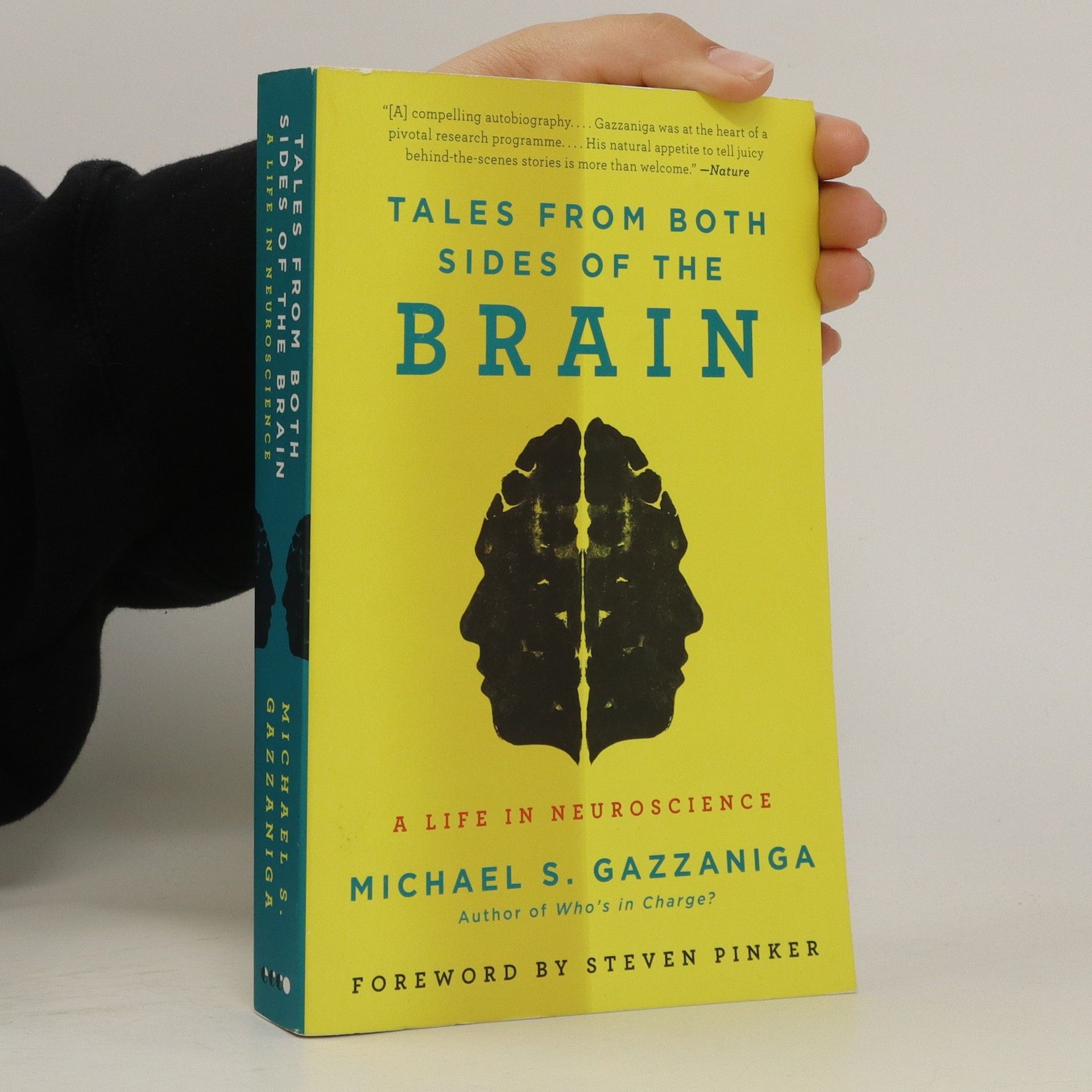The Cognitive Neurosciences
- 1128bladzijden
- 40 uur lezen
This fifth edition serves as a comprehensive reference in cognitive neuroscience, incorporating the latest advancements in the field. It explores the intricate connections between the nervous system's structural and physiological mechanisms and the complexities of the mind. With entirely new content, it continues to set benchmarks for understanding the biological foundations of cognitive processes, making it an essential resource for researchers and students alike.








